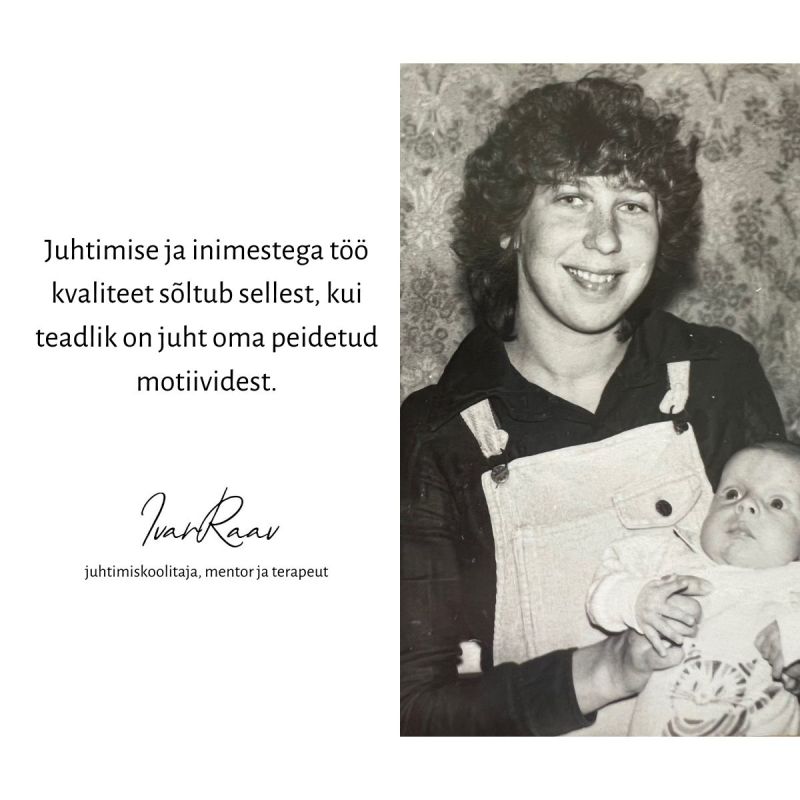I have worked with people for a number of noble reasons. But at one point I realised that somewhere deep down there was another reason: the need to be noticed, to get attention. When it hit me, there was a flash of embarrassment.
It made me ask myself, how much in my helping profession do I need to help myself? I also consider the profession of leadership to be a helping profession. After all, it is his or her job to help the owner, the client and the employee to meet their needs.
Helpers often become helpers through trauma. No trauma can be “healed” forever, but you can learn to live with its consequences and use its power. It is possible to turn the disabling aspect of trauma into an empowering one.
No matter how loving the mother is, the child will experience moments when he or she doesn’t get enough motherly love. And it’s attention – a mother’s sparkling eyes. A baby’s survival depends on attention.
My mother was away in hospital for several months when I was 6 months old. I didn’t get my mother’s attention/love. For a baby, lack of attention is a severe trauma. For the first few months of life, the baby does not distinguish himself from his mother. If there is no mother, there is no baby. This experience is deeply embedded and shapes our attitude towards ourselves, our attitude towards life, our relationships in general.
In addition, the Soviet custom of separating a child at birth is one of the love traumas of our generation. I can’t erase these events from my life, but I can reduce the negative impact and amplify the positive force behind the trauma.
Today, I know that my baby traumas are one of the many invisible sources of strength that drive me to do my work. Through my work, I can support others to be heard, to be seen and to find what they need. By providing what I needed at the time. I have transformed the disabling effect of trauma into an empowering one.
Yes – part of my motivation is my own need for attention.
So the question is: if part of my motivation comes not from the client but from my own story, is it ethical and honest to do my job as a helper and trainer at all?
It is! It is, because I know it and I dare to say it.
Without pre-signing, I probably wouldn’t do my job in this way. And without it, I would not be meeting the people I have the privilege of helping along the way who have needed to meet me. Don’t we all have our own stories to tell, and it is we who need to come together.
Awareness is important. If I can distinguish when I am acting for the client and when my own unmet needs are at play, clients are in a safe place. Because only when I am aware can I keep them separate.
The danger arises when the helper is unaware of his or her hidden motives and confuses his or her own helping with the needs of the person being helped. This is dangerous for both the helper (burnout) and the recipient (frustration).
This post got really personal. I wrote it so that every “supporter” – mentor, therapist, coach, trainer, HR worker or manager – would know: how much of my helping is really about wanting to help myself and whether I can distinguish between my needs and the needs of the person I am helping.

